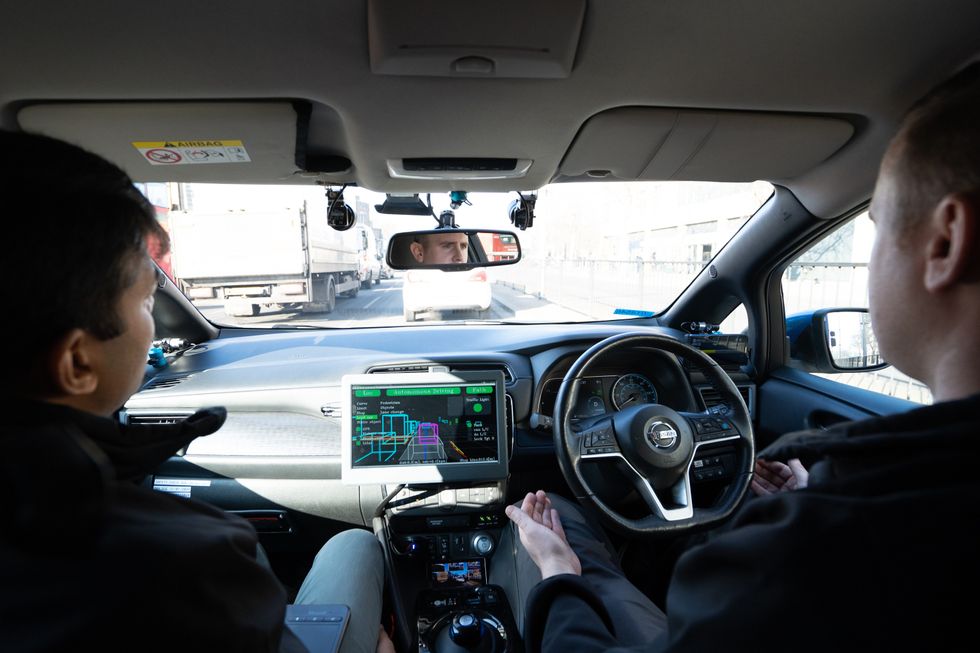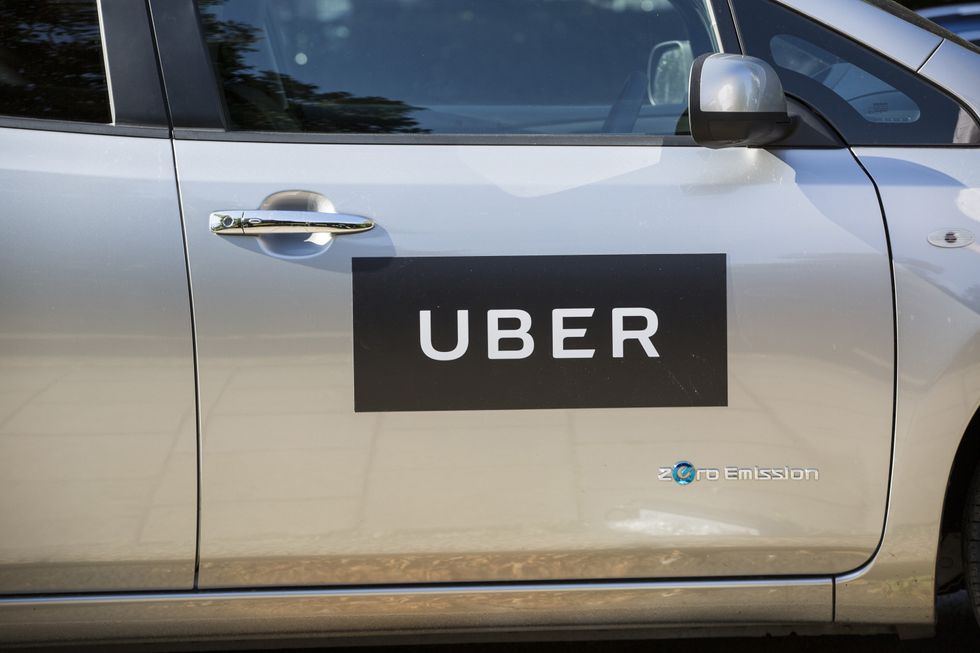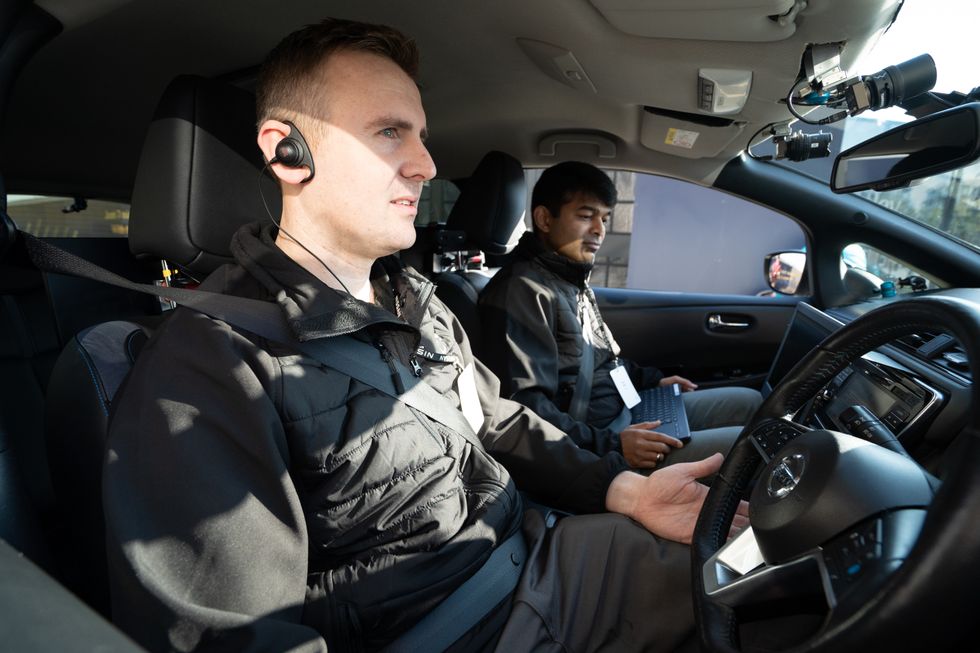Labour delays self-driving vehicles until 2027 as UK fails to have 'right conditions' for revolutionary tech

WATCH: Mark Taylor discusses the use of AI in self-driving vehicles
|GB NEWS

Automated vehicles are expected to be rolled out in the second half of 2027
Don't Miss
Most Read
Labour has revealed it has pushed back the highly anticipated approval date for fully self-driving vehicles in the UK until the second half of 2027.
While the move aims to ensure regulation gets rolled out correctly, Uber has claimed that it is "ready to go" now with driverless taxis.
The delay marks a significant setback from the previous Conservative administration's timeline, which had suggested autonomous vehicles would be on UK roads by 2026.
While several companies are already conducting trials of advanced self-driving technology on British streets, including UK AI firm Wayve, current regulations still require a human driver to be at the wheel and responsible for the vehicle, even when automated technology is being used.
Do you have a story you'd like to share? Get in touch by emailing motoring@gbnews.uk

Self-driving cars were expected to be introduced next year
| PAThe previous administration's Automated Vehicles Act became law last year, aiming to put Britain at the forefront of self-driving technology regulation.
The legislation established a legal framework clarifying liability for autonomous vehicles, ensuring drivers would not be held responsible for how their vehicle drives while in self-driving mode.
However, secondary legislation is still required before driverless cars can operate on UK roads without human supervision, which has caused the delay.
"We are working quickly and will implement self-driving vehicle legislation in the second half of 2027," the Department for Transport said in a statement, adding that it is "exploring options for short-term trials and pilots to create the right conditions for a thriving self-driving sector".
Uber is working with 18 automated car tech companies, including Wayve, and already offers robotaxis across the US. "We're ready to launch robotaxis in the UK as soon as the regulatory environment is ready for us," Andrew Macdonald, senior vice president of mobility at Uber, told the BBC.
Robotaxis have already been operational in several countries around the world, including the US, China, the UAE and Singapore. However, Macdonald disagreed that the UK was lagging behind, arguing that the US and China were ahead largely because that's where the majority of the technology had been developed.
While carmakers and providers are ready to introduce the new technology, public hesitancy remains a potential barrier to adoption. A YouGov poll last year suggested that 37 per cent of Britons would feel "very unsafe" travelling in a car without a driver.
Despite this, Macdonald insisted that customers' initial nervousness was short-lived and the experience soon "becomes the new normal".

Uber bosses have revealed the company is ready to embrace self-driving vehicles
| PAWhile the Government said that self-driving vehicles have the potential "to build an industry worth £42billion and provide 38,000 jobs by 2035," there have still been significant concerns about the impact on professional drivers.
Andy Prendergast, GMB national secretary, warned that the "significant social implications" driverless cars and taxis could have for workers must be fully considered, pointing to potential job losses.
Meanwhile, Tesla has been demonstrating its full self-driving feature in Europe but has yet to provide a timeline for when this will come to the UK.
There are also practical questions around insurance, ownership and liability when a self-driving vehicle is involved in an accident. Tom Leggett, vehicle technology manager at Thatcham Research, said robotaxis would have to be "safety-led" in the UK.
LATEST DEVELOPMENTS:
 The self-driving sector could be worth £42billion in 2035 | PA
The self-driving sector could be worth £42billion in 2035 | PA"They will have to make sure the data is available to those who need it - insurers and those investigating incidents when they occur," he added.
Some companies have already faced challenges overseas, with General Motors scrapping plans to develop a self-driving taxi business last year. Despite these hurdles, Macdonald said that automated vehicles will transform travel.










